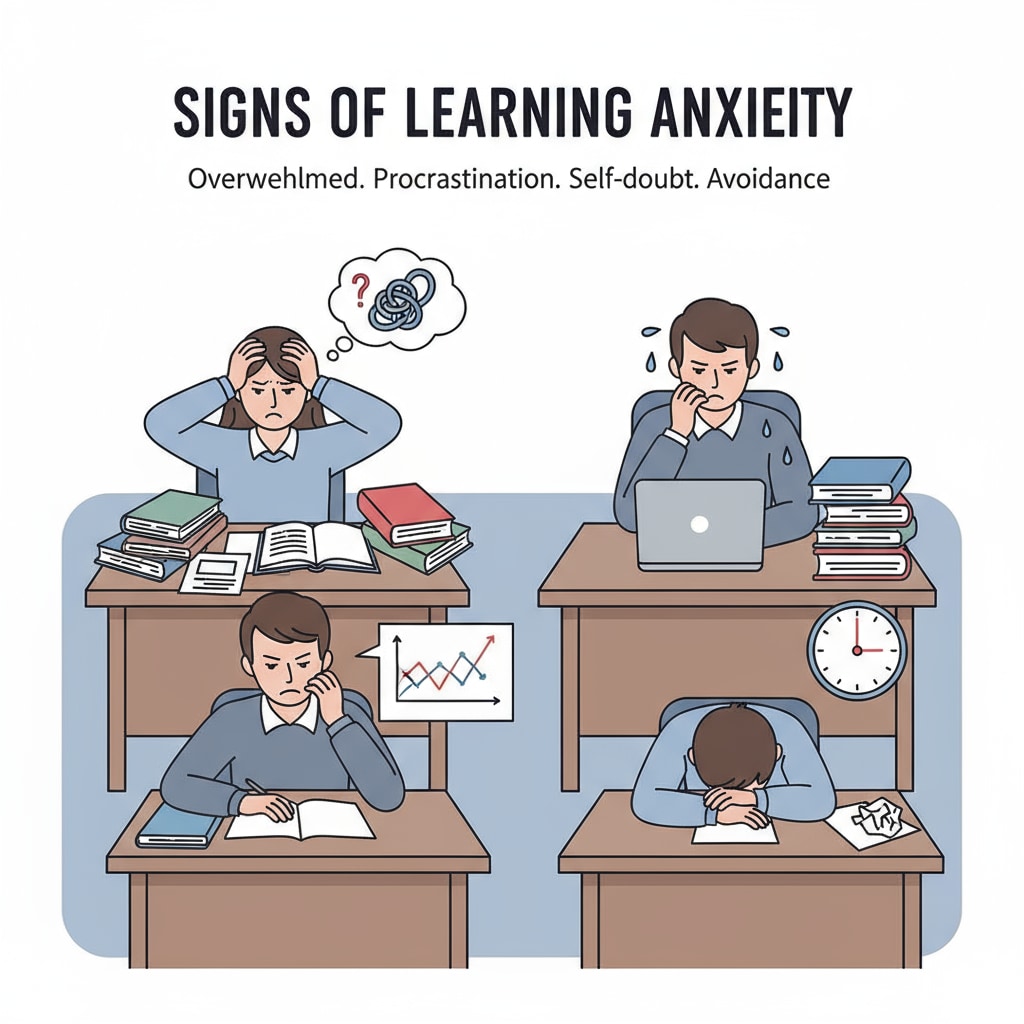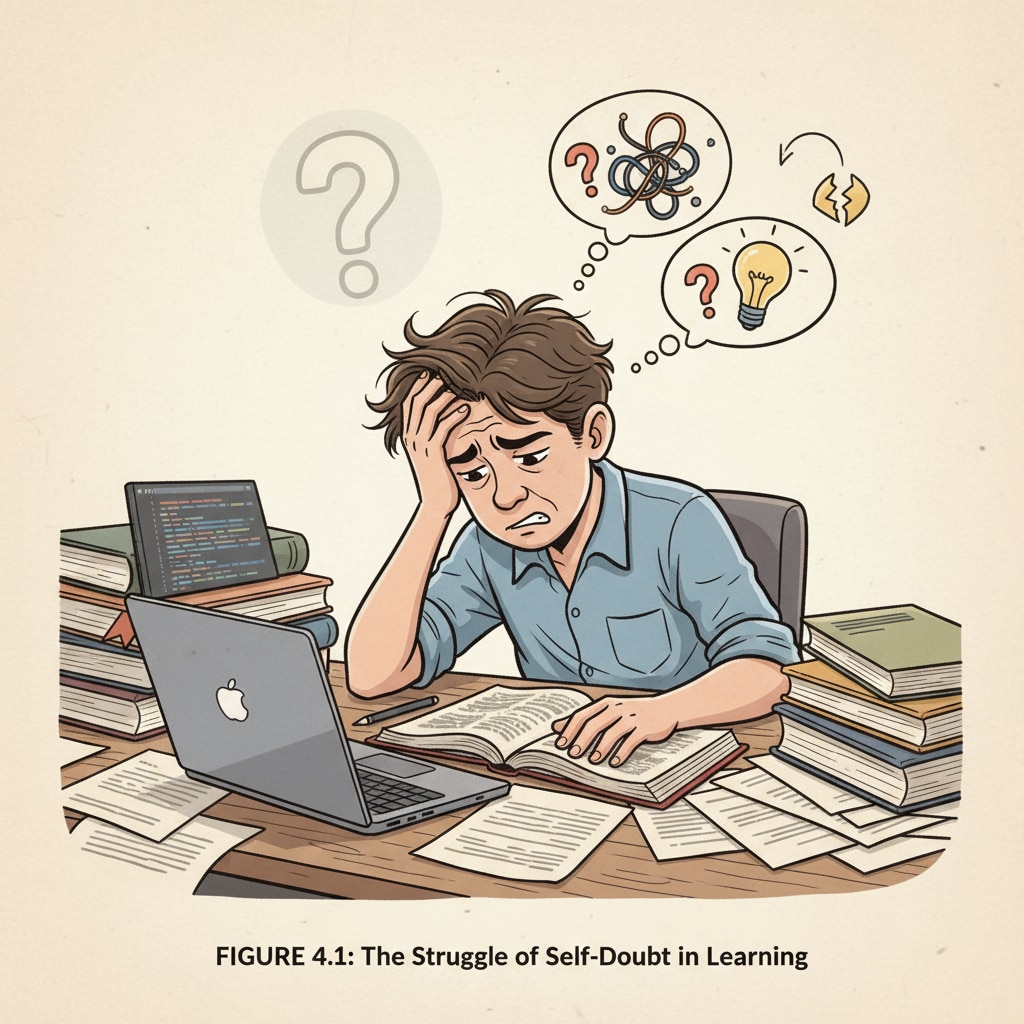Learning anxiety, self-doubt, and learning difficulties are common issues that students in K12 education often encounter. These psychological barriers can significantly impact a student’s academic performance and overall well-being. In this article, we will explore these challenges and discuss effective ways to overcome them.

The Impact of Learning Anxiety
Learning anxiety can manifest in various ways, such as excessive worry, fear of failure, and difficulty concentrating. It can prevent students from fully engaging in the learning process and limit their potential. For example, a student with high learning anxiety may struggle to answer questions in class or may avoid challenging tasks. According to the American Psychological Association, anxiety can interfere with memory, decision-making, and problem-solving skills, all of which are crucial for learning.
Unraveling Self-Doubt
Self-doubt is another significant hurdle that students face. When students doubt their abilities, they may lack the confidence to take risks, participate in class discussions, or pursue their goals. This can lead to a vicious cycle of underperformance and further self-doubt. A 17-year-old student, for instance, may question their intelligence and capabilities when facing difficult subjects. As a result, they may become discouraged and give up easily. Psychology Today emphasizes that building self-esteem is essential to combat self-doubt.

To address these issues, it is crucial to build a positive learning mindset. This involves helping students develop a growth mindset, where they believe that their abilities can be improved through effort and learning. Teachers and parents can encourage students to view challenges as opportunities for growth and to learn from their mistakes. Additionally, personalized teaching strategies can be implemented to meet the unique needs of each student. This may include providing extra support, using different teaching methods, or tailoring the curriculum to their interests and learning styles.
In addition, establishing a psychological support system is vital. Schools can offer counseling services, support groups, or mindfulness programs to help students manage their anxiety and build confidence. By creating a safe and supportive environment, students will feel more comfortable expressing their concerns and seeking help when needed.
Readability guidance: By understanding the impact of learning anxiety and self-doubt, and implementing effective strategies, we can help students overcome these learning difficulties and thrive in their academic journey. It is essential to focus on building a positive mindset, providing personalized support, and creating a nurturing environment for students to succeed.


